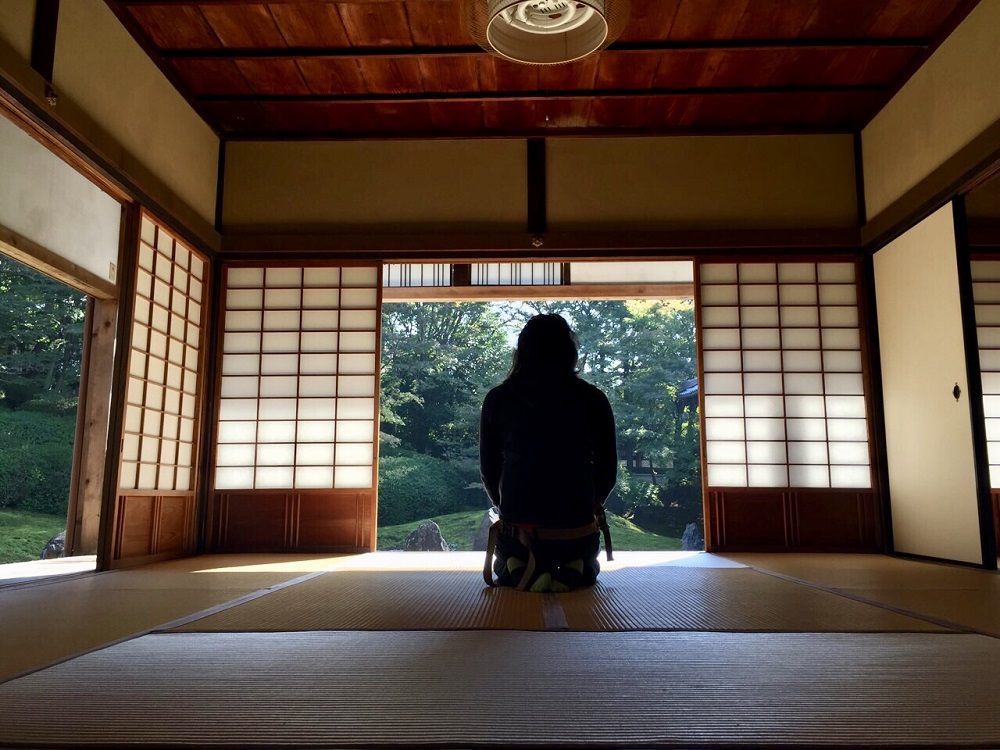Retired social worker Norris Turner remembers the peak of the polio epidemic in 1950s Canada.
Although very young, he recalls parents putting restrictions on their children, including no swimming, when a case was reported. He also recalls a collective sigh of relief when a vaccine was found.
Turner, who worked at Point in Time, and had a small private practice, has lived in the County for 20 years.
Asked what people can do to cope with fear, anxiety and panic, he said, “I’d validate their concerns. Part of what’s so scary is we don’t really know [all of the answers], although experts are doing their best day-by-day to advise us.”
In a time of uncertainly, he said mindfulness goes a long way.
“Encourage people to stay with the present. ‘How are you right now?’ Do what you can to ground yourself. Take a deep breath, look around the room. At this moment, you’re safe if you are not symptomatic.”
Turner acknowledged, it’s easy for our fears “to get galloping about what if’s, which drives panic buying.”
He added that often we look to be safe in community, which is restricted right now, but there are still “wonderful ways we have to be in touch, such as the phone and skype.”
“Hold your loved ones close emotionally even though you can’t necessarily do it physically.”
Turner said maintaining routine also helps, including eating and sleeping well. He further advised people prone to anxiety to be selective about their news sources, following reputable sites such as John Hopkins or the CBC.
As for parents grappling with what to tell their children, Turner says, “I think kids are more immediate and their questions will be very practical. Answer their questions. Tell them, ‘to be honest, there’s things we don’t know, but here’s what we do know’.”
He said a final thing to keep in mind is that residents of Haliburton County are resilient.
“We probably know about how to self-isolate. We’re generally comfortable in our skins. We like privacy. We know how to do practical things. We are hunters and gatherers.
“And, we have a strong sense of community. If you have to be somewhere, this is a good place to be.”
Algonquin Highlands Mayor and County Coun. Carol Moffatt had a similar sentiment at the end of a County council committee meeting.
“We can use isolation as a banner for preventing the spread. But isolation is also detrimental to a lot of people, including our most vulnerable seniors. Be a good neighbour, pick up the phone. Make sure the person next door has what they need … It’s up to us as a community. We’ve always done it before.”
Tips for staying connected
Meditation and yoga therapist Miriam Patterson says the necessary social distancing we are practicing now can feel isolating as well as stressful. Here are some suggestions for staying connected:
- Ask groups that you are normally part of to hold virtual gatherings.
- Have video chats with friends, rather than simply scrolling through social media.
- Try to find replacements for what you normally do. If you normally go to a yoga class, how can you find a yoga class that you can do from home?
- Set boundaries for your tech and social media activity. Try not to overwhelm your time with news stories.
- Feed your body with healthy, fun foods. Be selective about what you stock up on.
- If you feel disconnected from yourself, your community or your purpose, try some simple breathing, meditation, writing, art, or visualization exercises.
- If you’re in good health, keep moving your body. Take a free online-guided class, or if you’re surrounded by nature, get out into the woods for a walk. Your favourite in-person exercise teacher is probably trying to find ways to reach you, so reach out to them.
- Create a group chat that includes your immediate neighbours. Check in on each other regularly via this chat.





